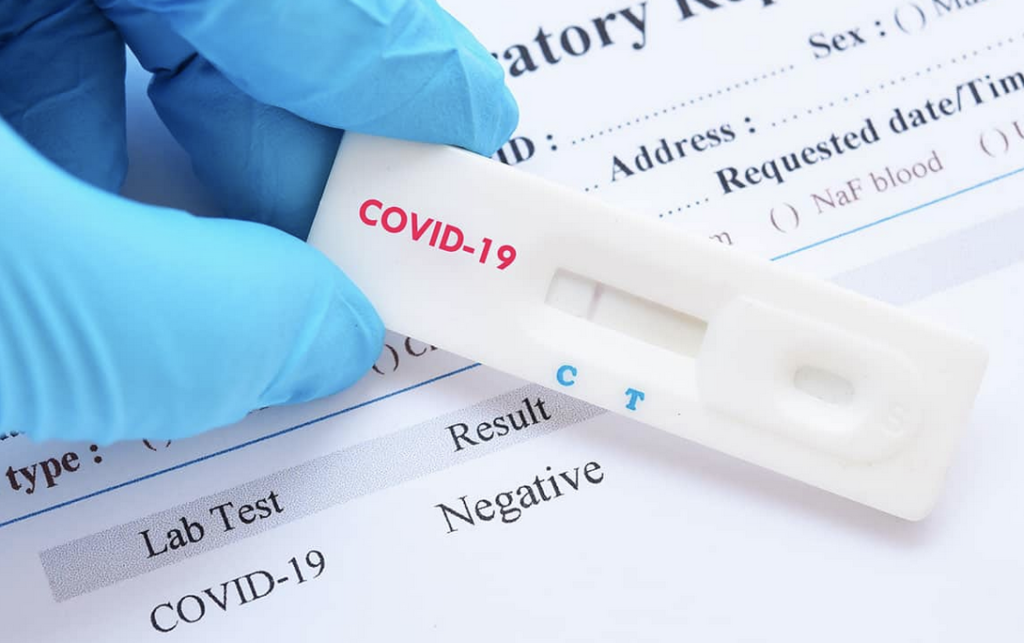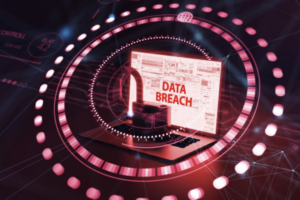COVID-19 Test Results Data Breach

In an era where personal data is increasingly becoming a valuable commodity, the recent data breach involving COVID-19 test results. The Coronalab.eu is owned by Microbe & Lab breach exposed sensitive information including names, dates of birth, passport numbers, and test results, raising serious concerns about privacy, security, and the potential consequences for those affected.
The Scope of the Breach:
The data breach in question involved a significant compromise of a database containing COVID-19 test results by a company called Coronalab.eu is owned by Microbe & Lab. This breach exposed a wealth of personal information, putting individuals at risk of identity theft, fraud, and other malicious activities. The compromised data included names, dates of birth, passport numbers, and, most alarmingly, COVID-19 test results.
Implications for Privacy:
The exposed data is a treasure trove for cybercriminals looking to exploit individuals for financial gain or engage in other nefarious activities. Passport numbers, in particular, are a valuable piece of information that can be used for identity theft and fraudulent activities. The leak of COVID-19 test results adds an additional layer of sensitivity, potentially leading to stigmatization or discrimination based on health status.
Consequences for Individuals:
The affected individuals now face an array of potential consequences, ranging from financial fraud to personal and professional repercussions. Passport information can be misused for unauthorized travel or even sold on the dark web, while the public exposure of COVID-19 test results may lead to discrimination and social stigma. This breach has not only compromised personal privacy but also created a situation where the affected individuals may be vulnerable to various forms of exploitation.
Government and Organizational Response:
In the wake of the data breach, governments and organizations involved in managing COVID-19 testing are under intense scrutiny. Questions are being raised about the security measures in place to protect such sensitive data. It is imperative for authorities to conduct a thorough investigation into the breach, identify the responsible parties, and implement stringent measures to prevent similar incidents in the future.
Preventing Future Breaches:
To prevent future breaches of this magnitude, it is crucial for organizations to prioritize cybersecurity. Robust encryption, regular security audits, and the implementation of advanced security protocols are essential steps to safeguard sensitive data. Furthermore, stringent regulations and penalties for mishandling personal information should serve as deterrents to ensure organizations take their responsibilities seriously.
Rebuilding Trust:
Rebuilding trust in the wake of such a breach is a challenging task. Organizations and governments must be transparent about the incident, promptly notify affected individuals, and provide resources for those impacted to protect themselves from potential harm. Additionally, implementing enhanced security measures and demonstrating a commitment to protecting personal data can contribute to rebuilding trust in the long term.
Conclusion:
The COVID-19 test result data breach underscores the critical importance of safeguarding personal information, especially in the context of public health. As the digital landscape continues to evolve, it is imperative for organizations and governments to prioritize cybersecurity to protect individuals from the devastating consequences of data breaches. The incident serves as a stark reminder that the responsible handling of personal data is not just a legal obligation but a moral imperative in an interconnected world.


